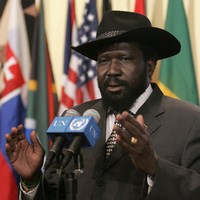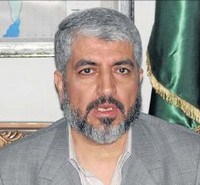
In Cambodia, the ruling Cambodia People’s Party (CPP) claimed victory in the elections held Sunday, but the opposition Cambodia National Rescue Party is rejecting the results and calling for an investigation into alleged election irregularities. The experts who spoke with Trend Lines said that whether or not the opposition is successful in challenging the results, the election was in some ways a victory for the Cambodian opposition and for Cambodian democracy more broadly. “The CPP still has a majority and will still have the dominant voice. But the results will likely mean a more vocal opposition and perhaps lay the […]















